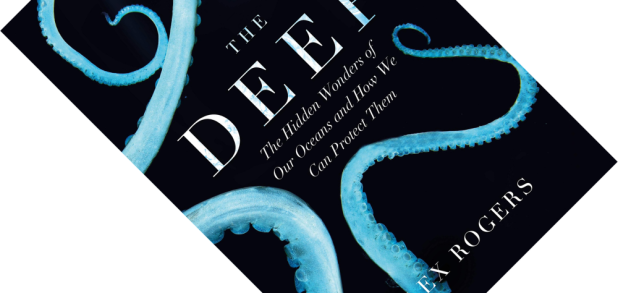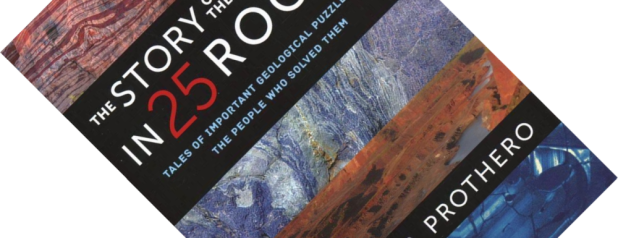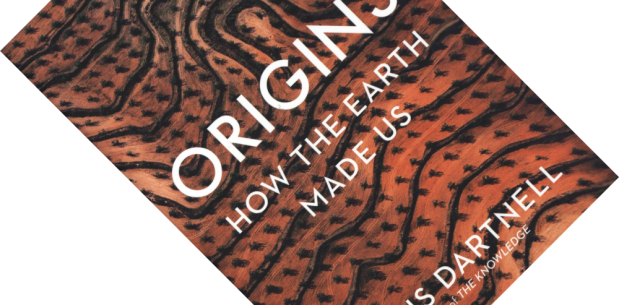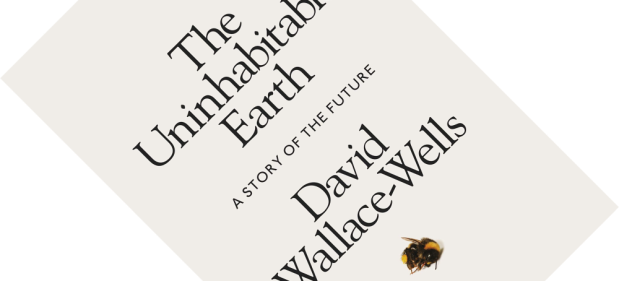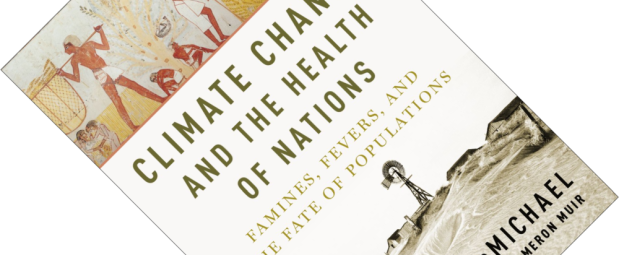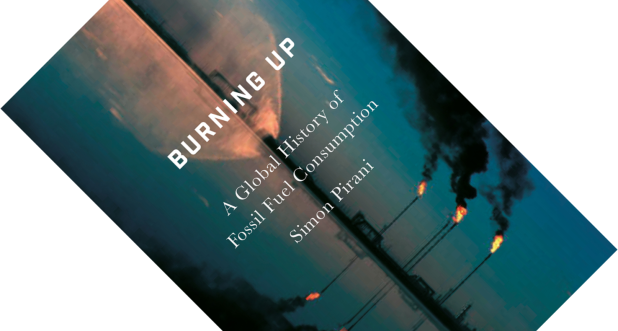What does the deep ocean make you think of? An alien world right on our doorstep? The cradle of life? A global garbage dump? The lungs of the planet? Or the world’s most abused ecosystem? If I am to believe marine biologist Alex Rogers, the deep ocean is all of the above, and so much more. With three decades of research experience and scientific consultancy credits for the BBC series Blue Planet II under his belt, he knows what he is talking about and he knows how to talk about it. The Deep is an intensely captivating and urgent book that swings between wonder and horror.
carbon dioxide
Book review – Symphony in C: Carbon and the Evolution of (Almost) Everything
Many works of popular science claim to be histories of almost everything or everyone, but earth scientist Robert M. Hazen might actually be in the position to stake that claim. Whether you are talking stellar evolution, the origin of life, organic chemistry, synthetic materials, or hydrocarbon fuels – the multifaceted atom carbon is ubiquitous and pervasive. Symphony in C is a whirlwind tour through geology, biochemistry, and evolutionary biology that is an incredibly absorbing read, although in places it almost comes apart at the seams under the intensity of its enthusiasm.
Book review – The Story of the Earth in 25 Rocks: Tales of Important Geological Puzzles and the People Who Solved Them
Judging by the title of this book, you might expect it to talk of 25 remarkable kinds of rocks and minerals. But in the preface, geologist and palaeontologist Donald R. Prothero makes clear that his book looks as much at famous outcrops and geological phenomena. Bringing together 25 readable and short chapters, he gives a wide-ranging tour through the history of geology, celebrating the many researchers who contributed to this discipline.
Book review – Origins: How the Earth Made Us
Origins asks one question: how did the Earth make us? More accurately, like a six-year-old whose curiosity cannot be sated, there lies a series of recursive “why” questions at the heart of this book. Astrobiologist and science communicator Lewis Dartnell takes a big history look at human evolution and especially civilization, seeing how far down the explanatory rabbit hole he can go. Time and again, he grounds his answers in geology and geography. You would be forgiven for thinking this sounds like what Jared Diamond attempted more than two decades ago, but calling it Diamond-redux would not do it justice.
Book review – Underland: A Deep Time Journey
Shelter. Yield. Dispose.
These three tasks, so says nature writer Robert Macfarlane, signify our relationship with the world beneath our feet, both across time and across cultures. Underland is his lyrical exploration of underground spaces where people have sought shelter from warfare or hidden valuable treasures, are extracting minerals in mines or knowledge in research facilities, or are looking to dispose of waste. It is one of two big books published only five months apart on the subterranean realm, the other being Will Hunt’s Underground: A Human History of the Worlds Beneath Our Feet which I will be reviewing next. But first, Underland.
Book review – Carboniferous Giants and Mass Extinction: The Late Paleozoic Ice Age World
Not so long ago, the idea that giant reptiles once roamed the earth was novel, unbelievable to some, but their reign represents only one part of deep time. Go back further in time, to the Carboniferous (358.9 to 298.9 million years ago), and you will find a world of giants as bizarre and otherworldly as the dinosaurs must have once seemed to us. A world where clubmoss trees grew up to 50 metres tall, with scorpions as large as dogs and flying insects the size of seagulls. With Carboniferous Giants and Mass Extinction, palaeobiologist George McGhee, Jr. presents a scholarly but fascinating overview of the rise and fall of this lost world, and why it still matters to us.
Book review – The Uninhabitable Earth: A Story of the Future
“It is worse, much worse, thank you think”. With these ominous words, David Wallace-Wells, deputy editor at New York magazine, starts his no-holds-barred story of climate catastrophe. Pulling together worst-case scenario predictions, he is hell-bent on scaring the living daylight out of his readers by sketching the manifold crises that loom in our near future if we let climate change develop unchecked. He proves a poetic agitator and I admire his outspokenness – I don’t think he is alarmist, but simply saying what many scientist are silently thinking. Whether this divisive approach is helpful is another question, and one for which he has been criticised. It is a price Wallace-Wells is willing to pay, because he thinks most people are not scared enough.
Book review – Climate Change and the Health of Nations: Famines, Fevers, and the Fate of Populations
When a history book leaves you reeling, you know that it has done its job properly. Climate Change and the Health of Nations is a grand synthesis of environmental history, charting the fate of civilizations and the links between climatic changes and the health of people. It is also a book that almost wasn’t.
Book review – Burning Up: A Global History of Fossil Fuel Consumption
Fossils fuels have powered civilization since the Industrial Revolution, and their consumption has exploded in the last few decades. But for all the prosperity that coal, gas, and oil have brought, there are many downsides, not least amongst these climate change. So how did we get here? Usual explanations point at individual consumption and population growth, and I would be quick to agree. With Burning Up, Simon Pirani, a visiting research fellow at the Oxford Institute for Energy Studies, basically says “not so quick, things are not that simple” and provides a deeply researched history of fossil fuel consumption.
Book review – Life on Mars: What to Know Before We Go
Our planetary neighbour Mars has long fascinated us, and the idea of there being Martian life holds a strong grip on our collective imagination. NASA and others are becoming serious about sending people to Mars. Before we do so, astronomy professor David Weintraub would like to give you this readable history of our fascination with the Red Planet and the research that tries to answer the question: is there life on Mars? (Admit it, you were crooning that David Bowie song there).

